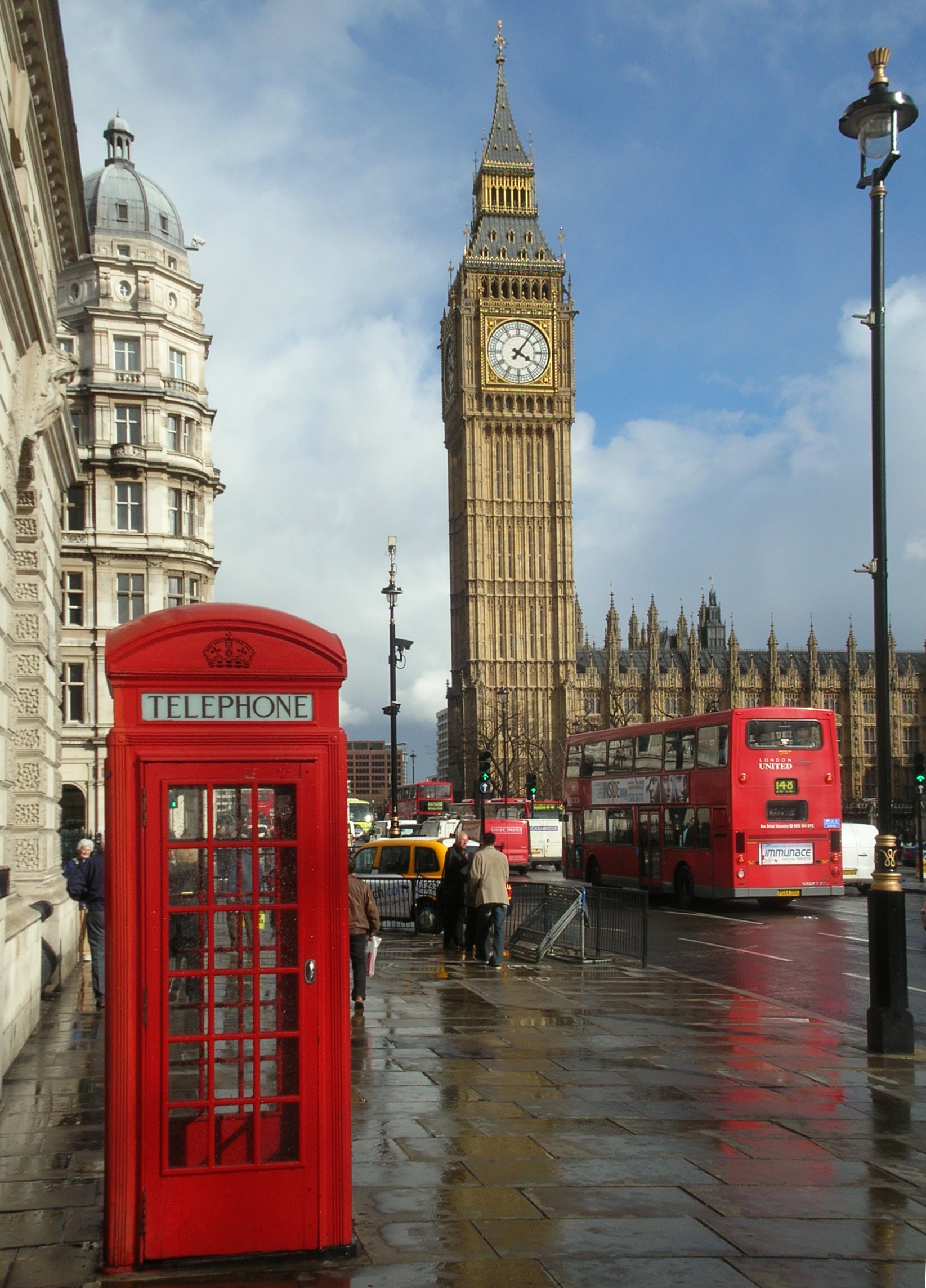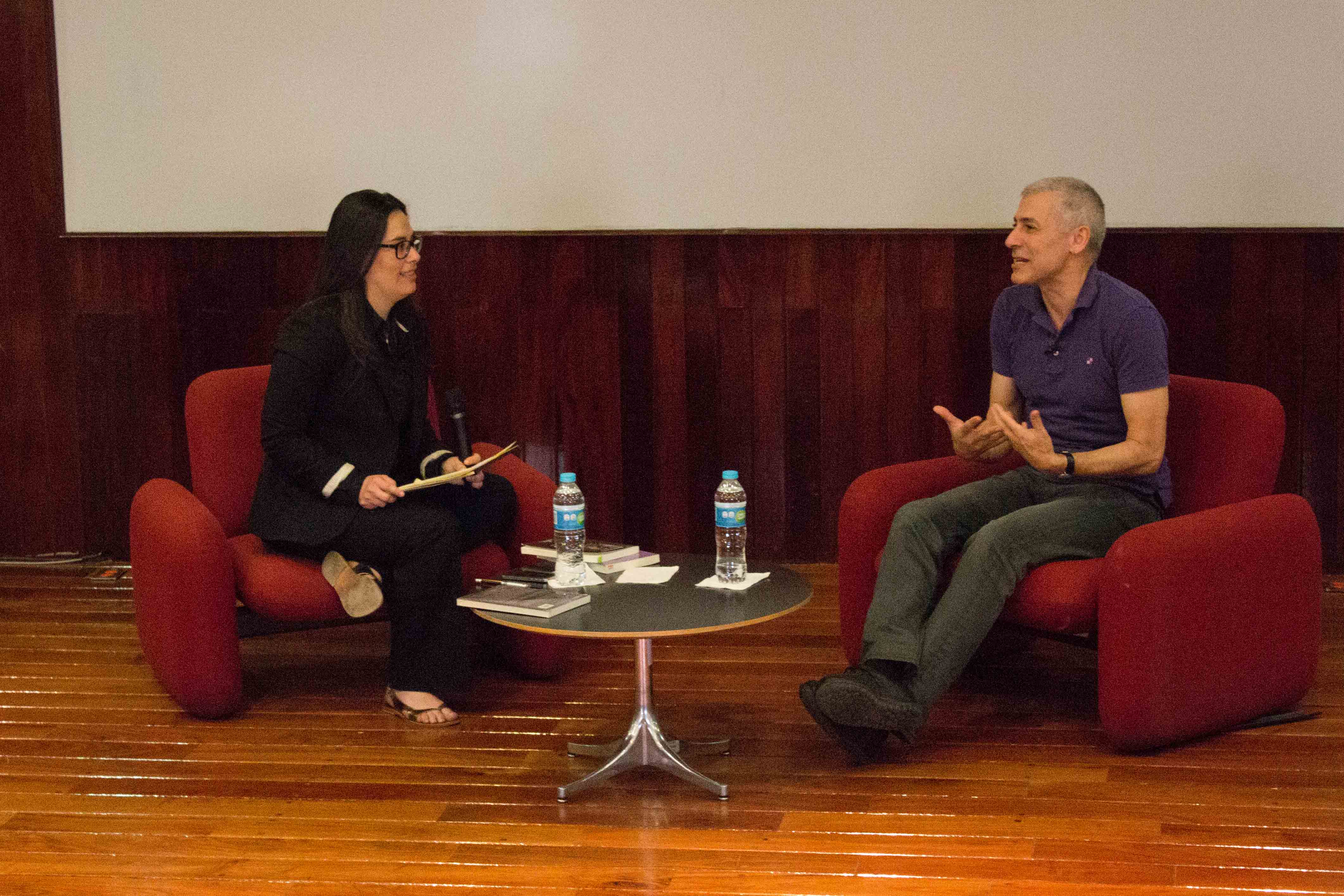|
Festival Of Spanish Theatre In London (Festelón)
The Festival of Spanish Theatre of London (FesTeLõn) has taken place in London every year since 2013, when it opened at the Greenwood Theatre, with a production of ''El Diccionario (The Dictionary)'' by Manuel Calzada, a play about the lexicographer María Moliner, with Vicky Peña starring in the lead role. Its objective is to bring contemporary theatre beyond the borders of Spain, working with professional Spanish theatre companies. The plays are usually performed in Spanish with English surtitles in order to ensure that they are accessible to the widest possible audience. The festival also includes a full programme of related talks and workshops to complement the stage performances, as well as bilingual “meet the cast” sessions, with Q&A. Production list * 2013: ''El Diccionario (The Dictionary)'' by Manuel Calzada * 2014: ''En un lugar del Quijote (Somewhere in Don Quixote) '' by Ron Lalá Teatro * 2015: ''Las heridas del viento (Wounded by the Wind)'' by Juan Carlos ... [...More Info...] [...Related Items...] OR: [Wikipedia] [Google] [Baidu] |
María Moliner
María Moliner (30 March 1900 – 22 January 1981) was a Spanish librarian and lexicographer. She is perhaps best known for her '':es:Diccionario de uso del español, Diccionario de uso del español'', first published in 1966–1967, when she completed the work started in 1952. Biography María Juana Moliner Ruiz was the eldest daughter of Enrique Moliner, a doctor and son of a doctor, and Matilde Ruiz. At the age of two, her family moved from Zaragoza to Almazán in the border Provinces of Spain, province of Soria. While a teenager her father left for Argentina and never came back, while Moliner, according to her son Fernando, lived with her mother, sister Matilde and brother Enrique in severe poverty. She pursued her Bachillerato at the Instituto General y Técnico Cardenal Cisneros, and obtained a degree in History in 1921 from the University of Zaragoza. She married Fernando Ramón Ferrando, a physics graduate, in 1925 and had four children. Years later the couple moved to Va ... [...More Info...] [...Related Items...] OR: [Wikipedia] [Google] [Baidu] |
Annual Events In London , in biology
{{disambiguation ...
Annual may refer to: *Annual publication, periodical publications appearing regularly once per year **Yearbook **Literary annual *Annual plant *Annual report *Annual giving *Annual, Morocco, a settlement in northeastern Morocco *Annuals (band), a musical group *Annual, every once in a while See also * Annual Review (other) * Circannual cycle In chronobiology, the circannual cycle is characterized by biological processes and behaviors recurring on an approximate annual basis, spanning a period of about one year. This term is particularly relevant in the analysis of seasonal environment ... [...More Info...] [...Related Items...] OR: [Wikipedia] [Google] [Baidu] |
Festivals In London
The urban culture of London concerns the music, museums, festivals, and lifestyle within London, the capital city of the United Kingdom. The city is known for its theatre quarter, and its West End of London, West End theatre district has given the name to "West End theatre", the strand of mainstream professional theatre staged in the large theatres in London. London is also home to cultural attractions such as the British Museum, the Tate, Tate Galleries, the National Gallery, the Notting Hill Carnival, and The O2. London has, alongside Culture of New York City, New York, been described as the cultural capital of the world. Its main religion is Christianity with 40.66% of the population being Christians. Through music, comedy, and theatre, London has a lively nightlife with approximately 25.6 events per thousand people, 44.1% of those events being theatre based. A variety of landmarks and objects are cultural icons associated with London, such as Big Ben, Buckingham Palace, ... [...More Info...] [...Related Items...] OR: [Wikipedia] [Google] [Baidu] |
Ángela De Azevedo
Ángela de Azevedo (in Spanish, Acevedo) was a 17th century Portuguese playwright. Biography Controversy about the period and circumstances of her life According to Damião de Froes Perym, an 18th century Portuguese author, Ângela de Azevedo was born in Lisbon, likely in the early 17th century, to a nobleman of the Royal House, João de Azevedo Pereira and his wife Izabel de Oliveira. Perym writes that she spent time in the court of Philip IV of Spain in Madrid as a handmaiden to the king's wife Elisabeth of Bourbon. and notes that Azevedo married sometime before Elisabeth's death in 1644, but does not record her husband's name. After his death, she supposedly retired with her daughter to a Benedictine convent in Portugal where she lived until her death. However, another 18th century Portuguese author, Diogo Barbosa Machado, in the second and in the fourth volumes of his ''Bilbiotheca Lusitana,'' presented a very different version of Ângela de Azevedo's life, stating tha ... [...More Info...] [...Related Items...] OR: [Wikipedia] [Google] [Baidu] |
Federico García Lorca
Federico del Sagrado Corazón de Jesús García Lorca (5 June 1898 – 19 August 1936) was a Spanish poet, playwright, and theatre director. García Lorca achieved international recognition as an emblematic member of the Generation of '27, a group consisting mostly of poets who introduced the tenets of European movements (such as symbolism (arts), symbolism, futurism, and surrealism) into Spanish literature. He initially rose to fame with ''Romancero gitano'' (''Gypsy Ballads'', 1928), a book of poems depicting life in his native Andalusia. His poetry incorporated traditional Andalusian motifs and avant-garde styles. After a sojourn in New York City from 1929 to 1930—documented posthumously in ''Poeta en Nueva York'' (''Poet in New York'', 1942)—he returned to Spain and wrote his best-known plays, ''Blood Wedding'' (1932), ''Yerma'' (1934), and ''The House of Bernarda Alba'' (1936). García Lorca was homosexual and suffered from Depression (mood), depression after the ... [...More Info...] [...Related Items...] OR: [Wikipedia] [Google] [Baidu] |
Yerma
''Yerma'' is a Play (theatre), play by the Spain, Spanish dramatist Federico García Lorca. It was written in 1934 and first performed that same year. García Lorca describes the play as "a Tragedy, tragic poem." The play tells the story of a childless woman living in rural Spain. Her desperate desire for motherhood becomes an obsession that eventually drives her to commit a horrific crime. Plot * ''Act 1, scene 1:'' Yerma has been married two years. She wants to strengthen her husband, Juan, so he can give her children. Telling Yerma to stay at home, Juan goes back to his work in the olive groves, and Yerma talks and sings to the child she wishes she were carrying. Yerma fears that if she doesn't conceive soon, her blood will turn to poison. María, married five months and already pregnant, asks Yerma to sew for the baby. The couple's friend, Víctor, sees Yerma sewing and assumes she is pregnant. His advice when he learns the truth: Try harder. *''Act 1, scene 2:'' Yerma has j ... [...More Info...] [...Related Items...] OR: [Wikipedia] [Google] [Baidu] |
Miguel Mihura
Miguel Mihura Santos (21 July 1905, in Madrid – 27 October 1977) was a Spanish playwright. He is best known for his comedy '' Tres sombreros de copa'' (1952), a work of absurd humor that predates similar works by Beckett or Ionesco and that broke with many of the previous conventions of Spanish comic theatre. He was also active as a comics artist. Biography Miguel Mihura was born in Madrid Madrid ( ; ) is the capital and List of largest cities in Spain, most populous municipality of Spain. It has almost 3.5 million inhabitants and a Madrid metropolitan area, metropolitan area population of approximately 7 million. It i ... in 1905. His father was an actor and theatrical producer. When he was in his twenties, he wrote his best-known comedy, ''Tres sombreros de copa'', but its humour was not appreciated by the conservative pre-war Spanish society. ''Tres sombreros de copa'' was not staged until 1952, achieving a great success. In the 1920s he was a contri ... [...More Info...] [...Related Items...] OR: [Wikipedia] [Google] [Baidu] |
Enrique Jardiel Poncela
Enrique Jardiel Poncela (15 October 1901 – 18 February 1952) was a Spanish playwright and novelist who wrote mostly humorous works. In 1932-33 and 1934 he was called to Hollywood to help with the Spanish-language versions shot in parallel to the English-language English is a West Germanic language that developed in early medieval England and has since become a English as a lingua franca, global lingua franca. The namesake of the language is the Angles (tribe), Angles, one of the Germanic peoples th ... films. His daughter, Evangelina, wrote a book entitled, ''Mi padre'' (My Father). Work Novels * ''Amor se escribe sin hache'' (1928) * ''Espérame en Siberia, vida mía'' * ''Pero... ¿hubo alguna vez once mil vírgenes?'' (1931) * ''La tournée de Dios'' (1932) Short stories compilations * ''El libro del convaleciente'' * ''Pirulís de la Habana'' * ''Exceso de equipaje'' Theatre * ''El príncipe Raudhick'', 1919. * ''La banda de Saboya'', 1922. * ''Mi prima Dolly ... [...More Info...] [...Related Items...] OR: [Wikipedia] [Google] [Baidu] |
Pedro Calderón De La Barca
Pedro Calderón de la Barca y Barreda González de Henao Ruiz de Blasco y Riaño (17 January 160025 May 1681) (, ; ) was a Spanish dramatist, poet, and writer. He is known as one of the most distinguished Spanish Baroque literature, poets and writers of the Spanish Golden Age, especially for the many verse dramas he wrote for Spanish Golden Age theatre, the theatre. Calderón has been termed "the Spanish Shakespeare", the national poet of Spain, and one of the greatest poets and playwrights in the history of world literature. Calderón de la Barca was born into the minor Spanish nobility in Madrid, where he lived for most of his life. He served as soldier and a knight of the Military order (religious society), military and religious Order of Santiago, but later became a Roman Catholic priest. His theatrical debut was a history play about the life of King Edward III of England, was first performed on 29 June 1623 at the Royal Alcázar of Madrid, during the surprise visit to Spa ... [...More Info...] [...Related Items...] OR: [Wikipedia] [Google] [Baidu] |
José Ovejero
José Ovejero (born 1958) is a Spanish writer. He was born in Madrid but has lived outside Spain for the greater part of his life. He has worked in a variety of genres, including poetry, drama, essays, short stories and novels. He won the 2013 Premio Alfaguara The Alfaguara Novel Prize () is a Spanish-language literary award. The award is one of the most prestigious in the Spanish language. It includes a prize of (about ) making it one of the richest literary prizes in the world. It is sponsored by Al ... for his novel ''La invención del amor'' (''Inventing Love''). Biography José Ovejero was born in 1958 in Madrid. He studied Geography and History at University in Spain and then moved to the Faculty of Egyptology in Bonn. In 1988 he moved to Brussels, where he worked as an interpreter for the EU until 2001. He now lives mainly in Madrid. His first published work was a collection of narrative poems on Henry Morton Stanley. Since then he has published nine novels and as wel ... [...More Info...] [...Related Items...] OR: [Wikipedia] [Google] [Baidu] |




